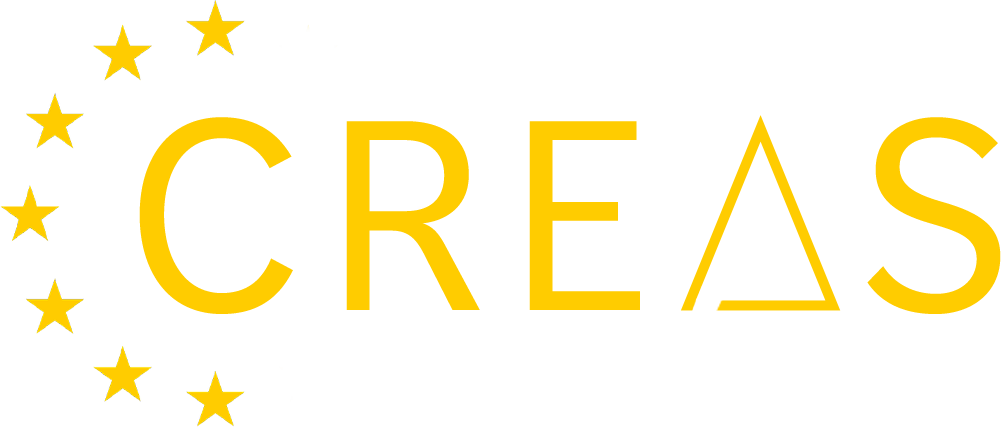By Ann Grünhäuser
With the new European Commission in place and a clear focus on research and innovation, Europe is entering a decisive phase. Despite its leadership in basic research and a strong university landscape, the EU has so far struggled to transform this potential into sustainable economic success. The challenges are evident: valuable scientific expertise often migrates outside the EU, bureaucratic obstacles hinder innovation, and many universities remain hesitant to embrace entrepreneurial initiatives.
The new Commission has set ambitious goals to address these issues. Ekaterina Zaharieva, now Commissioner for Startups, Research and Innovation, aims to strengthen innovation by increasing the budget, promoting women and young talent, and might establish a European Artificial Intelligence Research Council. Zaharieva underscores that research and innovation are not only essential for maintaining competitive advantage but also have the potential to significantly impact the global economy. To achieve these objectives, she is advocating for a substantial increase in funding.
Simultaneously, Roxana Mînzatu, Commissioner for People, Skills and Preparedness, is focusing on key technologies such as artificial intelligence and virtual reality. Her priorities include promoting digital skills, particularly in the realm of digital learning, while also ensuring better working conditions and a healthier work-life balance.
Unlocking Europe’s Innovation Potential: Key Challenges
A report by Enrico Letta and Mario Draghi, commissioned by Ursula von der Leyen, highlights structural deficits within Europe’s innovation landscape. The report reveals that outstanding scientific work is often not translated into marketable products or services. The underlying causes include excessive bureaucracy, a fragmented innovation system, and a lack of collaboration between universities and industry.
Commission Measures and Reform Plans
The EU Commission has proposed a series of concrete measures to address these weaknesses:
-
- Doubling Funding for Basic Research: Strengthening Europe’s scientific foundation.
-
- Expansion of the European Research and Innovation Council: Creating stronger links between science and industry.
-
- European Biotechnology Law: Set to be introduced by 2025, this law will establish uniform standards across Europe in this crucial sector.
-
- Increasing Horizon Europe Efficiency: With a budget of around €100 billion, the program will focus more intensively on strategic priorities.
-
- Intellectual Property Reform: Zaharieva advocates simplifying the licensing of intellectual property to facilitate collaboration between research institutions and companies.
- Technological Sovereignty: The Vice-Presidency for Technological Sovereignty, established in 2019, drives Europe’s leadership in key technologies and strengthens its digital infrastructure.
The Path Ahead
The coming years will determine whether the EU can turn these ambitious reforms into tangible results. The new Commission has charted the right course, but decisive action is required to unlock Europe’s full innovation potential.
Europe must act swiftly. If we fail in nurturing and retaining talent and innovative ideas within our borders, the continent risks losing ground to global competitors. The time to implement bold reforms and embrace a future of innovation and competitiveness is now. It is a critical moment for Europe to capitalise on its strengths and fully realise its potential.
By Ann Grünhäuser
International Secretary for Ring Christlich-Demokratischer Studenten
